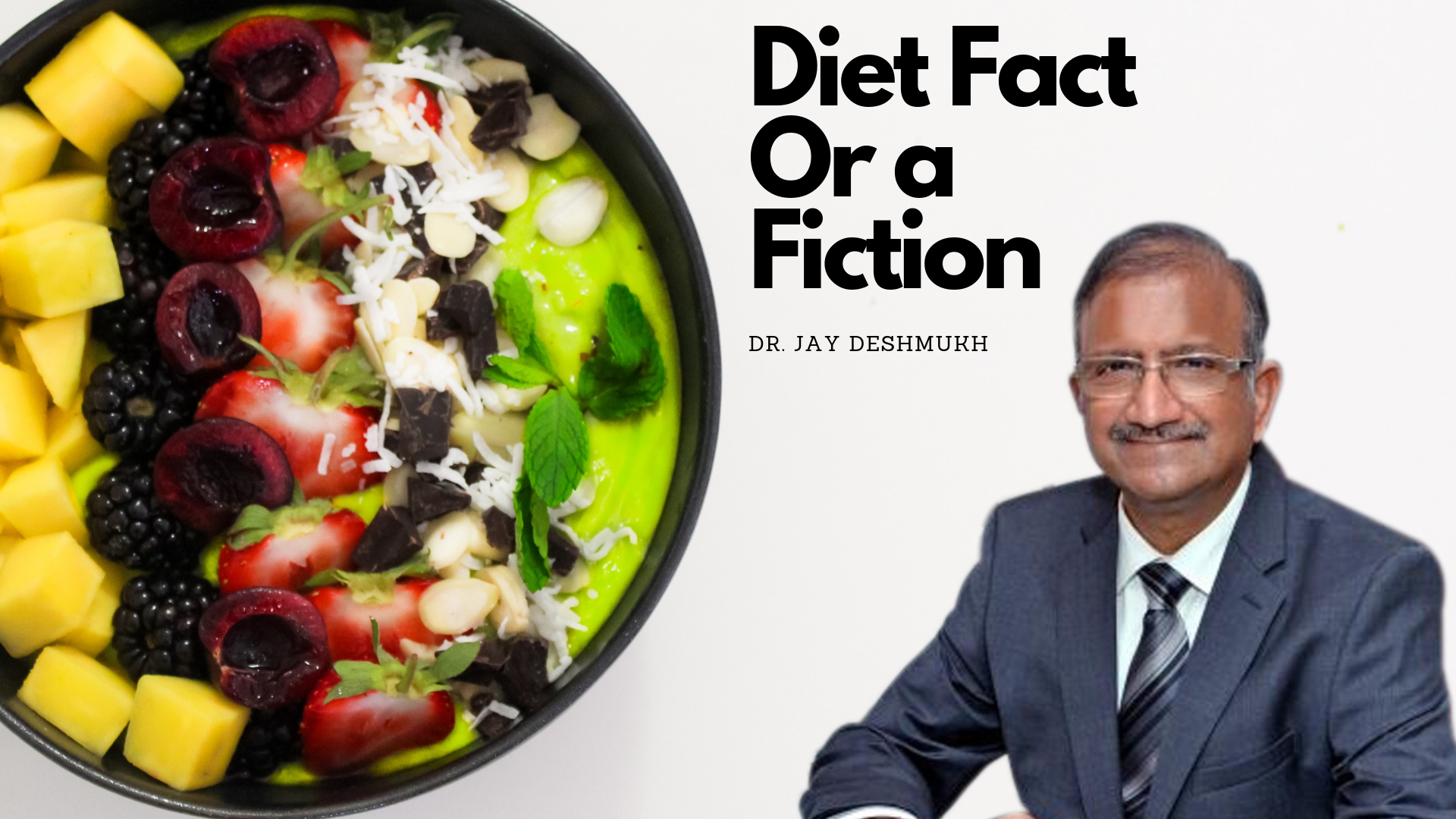sunflower hospital Nagpur:- Dr Jagannath Dixit who has been a Professor of Preventive and Social Medicine has ignited a major debate by putting forth some of his ideas on a new plan of diet for individuals who are overweight, have prediabetes and want to lose weight. Under his diet plan, one is supposed to have only two meals per day when hunger is felt the most.
What are the other aspects of Dr Dixit diet plan?
- sunflower hospital Nagpur:- The meals should be high in proteins and low in carbohydrates. Food high in carbohydrates secrete more insulin and those high in proteins secrete less insulin in the person’s body. The regime is not for individuals below 18 years of age and not for diabetics. The diet plan has been suggested to combat the present epidemic of obesity and prediabetes disease. The meals should be consumed for as long as 55 minutes, and there is no limit on the quantity of food that can be consumed.
What about food in between meals?
- According to Dr Dixit water, buttermilk, coconut water and green tea can be consumed in between meals. These food items do not increase your insulin levels and are not harmful.
What is a carbo-insulin connection?
- This theory was first discussed by late Dr Shrikant Jichkar. The average weight loss by this diet is expected to be 6.8 kg in six months. Dr Dixit advocates that this diet does not reduce the individual’s stamina. A poor diet plan is the cause of many diseases like cancer, hypertension, metabolic syndrome and diabetes. Excessive carbohydrates lead to excess insulin secretion and this should be avoided by reducing carbohydrates in meals.
What are the ill effects of excess insulin on our body?
- Diet rich in sugar, sweets, maida, starch, excess rice leads to excess release of insulin in our body, insulin is anabolic in nature and causes obesity. Excess insulin also is responsible for polycystic ovarian disease in women. PCOD is associated with menstrual irregularities, obesity, excess growth of hair and can also cause infertility and diabetes. This excess insulin is not associated with hypoglycaemia as this is associated with insulin resistance. The excess weight gets deposited on the abdominal wall leading to excess insulin resistance.
What are the possible criticisms associated with this diet?
- Two meals per day are quite controversial as many are not used to it and in between hunger pangs would be difficult to control and may lead to high calories food binge. Many western diets advocate multiple small meals to prevent disease with equally good results. For individuals who are already diabetics, this diet may lead to a large degree of blood glucose variability which is more dangerous then sustained hyperglycaemia. High protein and low carbohydrates in the diet are likely to add to the economic burden as proteins are more expensive than carbohydrates.
Is this new dietary pattern acceptable?
- This is acceptable in selected individuals. Those who are overweight, pre-diabetics, not with severe hypertension or major cardiovascular diseases and middle-aged can certainly avail of this new concept.
What about exercise and two meals per day of diet ?
- 30 minutes of brisk walk and muscle training exercises will help you to burn your excess calories more effectively and would help you to reduce weight.
What more needs to be done to assess this diet?
- Individuals who have responded to this diet and exercise regimen are indeed lucky and blessed. However, more studies involving more individuals and assessments of more scientific parameters need to be carried out. This two meals approach is cost effective and one may lose weight without surgery or weight reducing pills. There is no limit on the calories to be consumed though this may appear a bit out of place.
sunflower hospital Nagpur:- Dr Jagannath Dixit’s diet plan is one more addition to the plethoras of existing diets such as Keto diet and the Mediterranean diet. No diet is an ideal diet to lose weight and prevent diseases. A healthy diet that should suit the lifestyle of the person including his cultural habits is of utmost importance. The person following this diet is expected to follow this on life long basis. Dr Dixit has certainly become successful in creating awareness about diet and exercises as a means to prevent many diseases and this thought itself merits a great degree of commendation.


